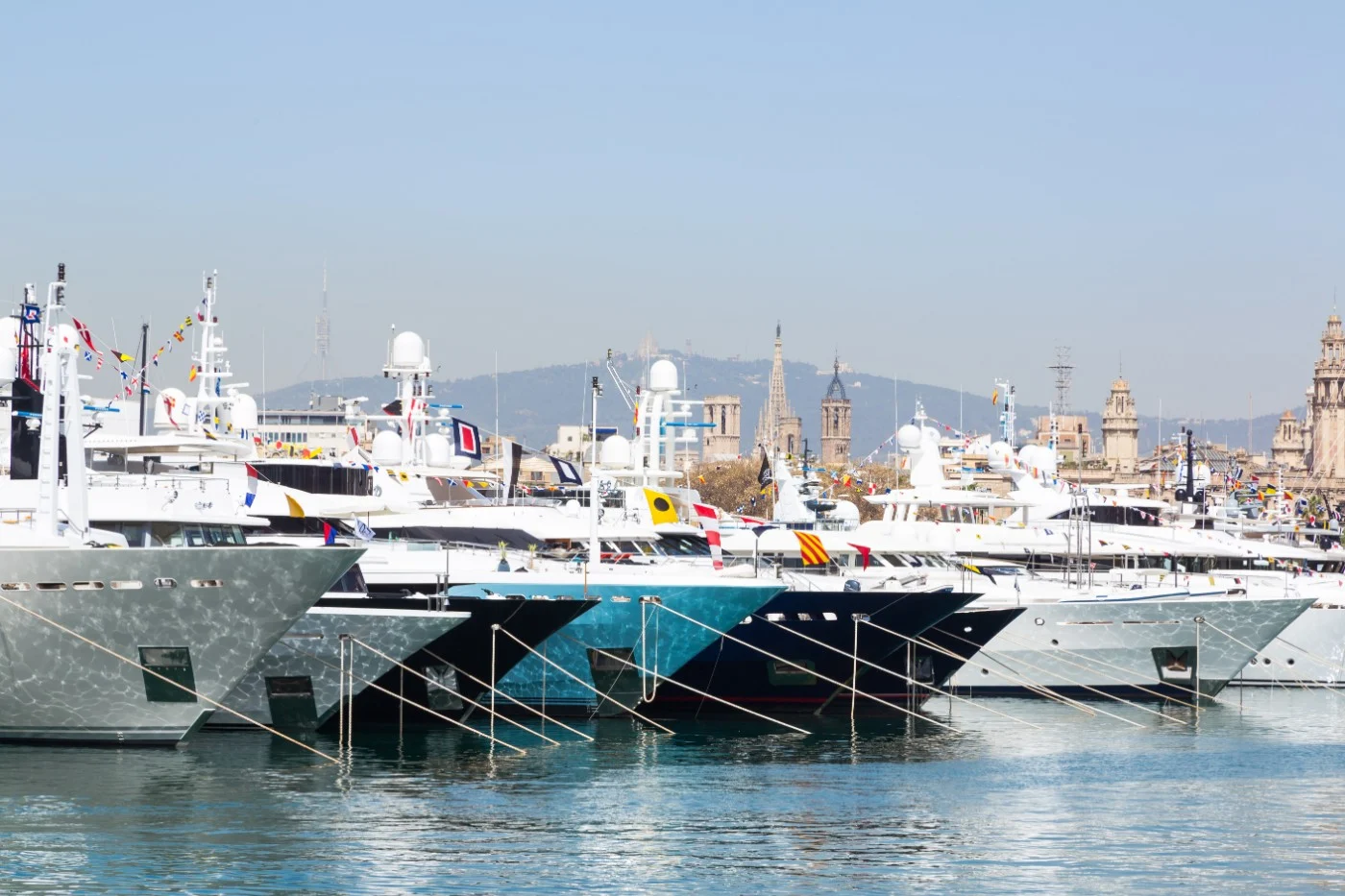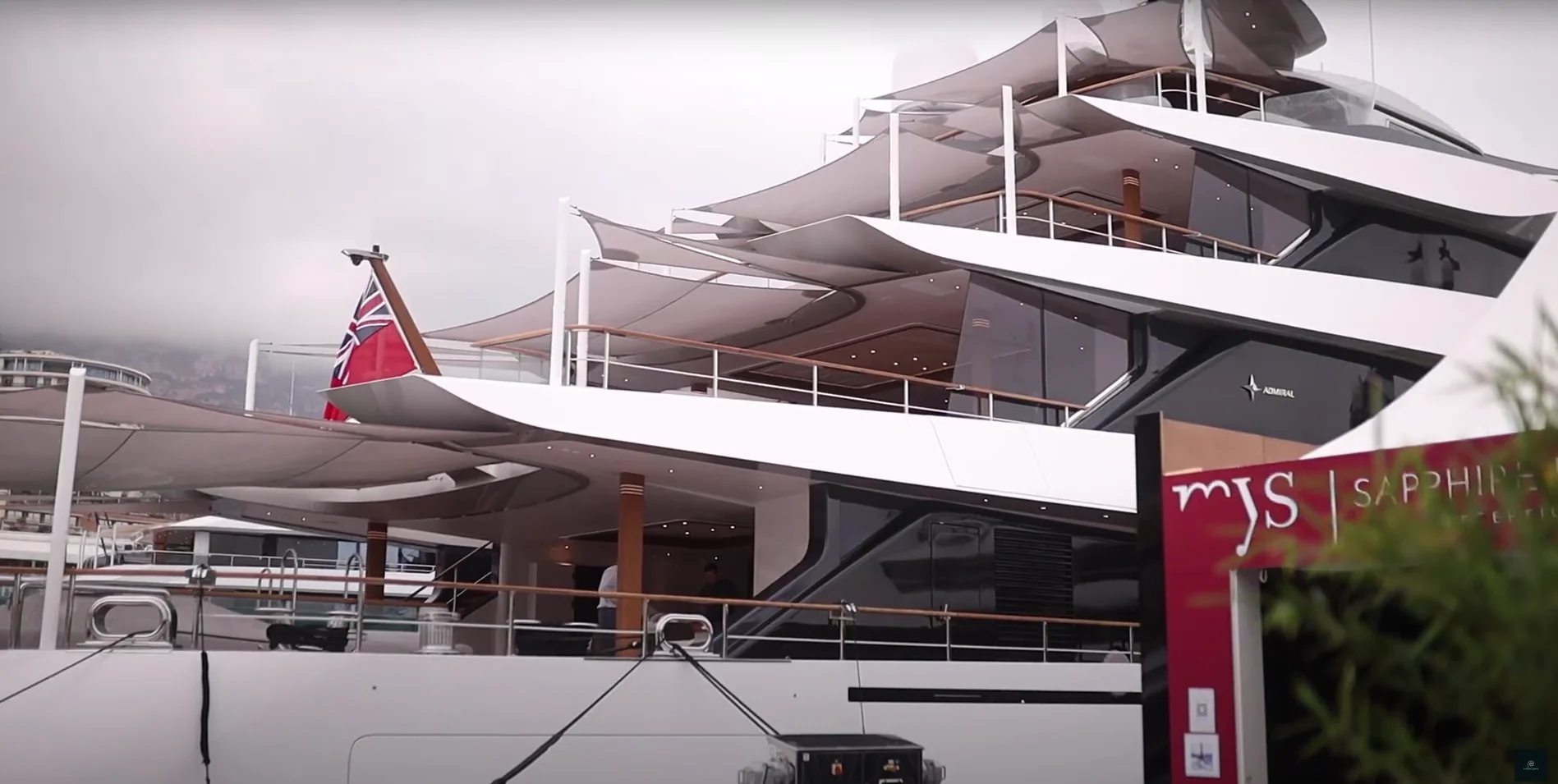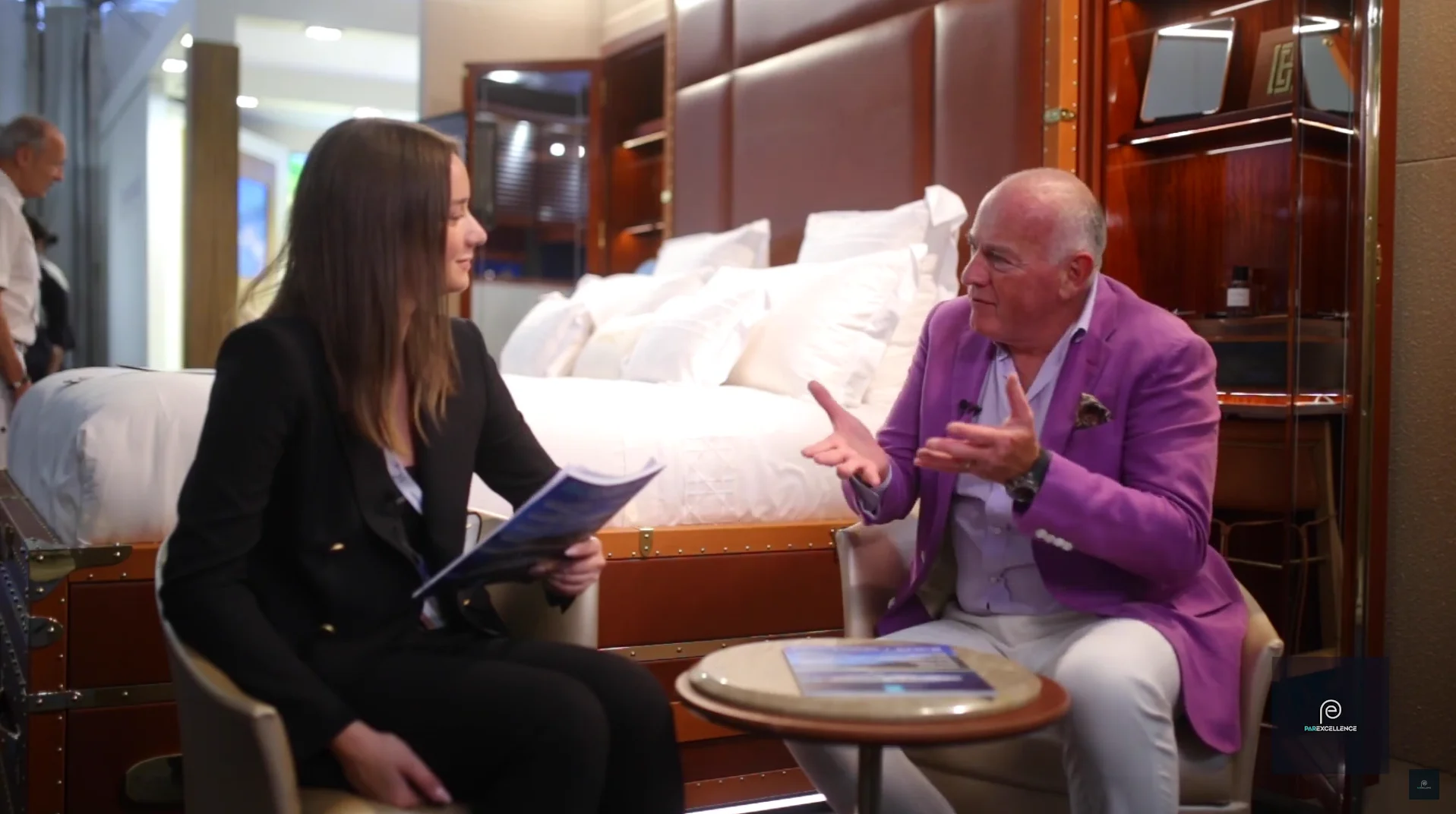Pioneering Urban Sustainability
- Par Excellence
We certainly need to be elevating Urban Sustainability with integrated Recycling, sewage filtration, and Coral implantations.

Nestled in the heart of the Arabian Peninsula lies the United Arab Emirates (UAE), “The” Region of modernity and innovation.
By living almost 4 months in region I come to say that with its towering skyscrapers and pristine coastal cities, the UAE embodies the fusion of tradition and progress. There are thousand things to say that made me adore the region, people and innovations introduced in fast-track time frames. Its commitment to sustainable urban development is evident through initiatives like the Dubai Sustainable City and Masdar City, showcasing cutting-edge technologies and policies that prioritize energy efficiency and green spaces.
As we’ve experienced the UAE’s pioneering efforts in urban sustainability, we’re reminded of the transformative power of visionary leadership and steadfast dedication to shaping a brighter future. While we embark on a journey to explore the innovative solutions driving urban sustainability in the UAE, we are reminded of the transformative power of visionary leadership, unwavering determination, and a steadfast commitment to shaping a better, more sustainable future for generations to come.
Who would not enjoy azure waters around the globe?
In the ever-evolving landscape of urban architecture and environmental sustainability, certain innovations remain conspicuously absent. As modern skyscrapers pierce the skyline with their towering heights, one critical component often overlooked is an internal recycling hub equipped with piping collectors connecting all floors.
This absence represents a missed opportunity to streamline waste management and promote eco-conscious practices within these towering structures.
Within the realm of waste management itself, another glaring gap persists: the lack of a modern infrastructure to filter sewage before its disposal into the sea. In many urban areas, outdated systems simply discharge untreated wastewater directly into marine environments, posing significant threats to aquatic ecosystems and public health. Implementing advanced f iltration technologies could mitigate these risks and pave the way for more responsible wastewater management practices.
Furthermore, addressing environmental challenges extends beyond terrestrial concerns to include the health and vitality of our oceans. To rejuvenate degraded marine habitats and foster biodiversity, the implementation of artificial coral implantation near coastal regions is imperative. By creating artificial reefs, we can provide essential habitat for marine life, mitigate coastal erosion, and enhance the resilience of coastal communities against the impacts of climate change.
In essence, these four elements—internal recycling hubs in skyscrapers, modern sewage filtration infrastructure, and artificial coral implantation—represent crucial missing pieces in our pursuit of sustainable urban development and environmental stewardship (allow me to add some remarks over my profession in Superyachting). By integrating these innovative solutions into our urban landscapes and waste management systems, we can take significant strides towards building a more resilient and environmentally conscious future.
Missing in Skyscrapers: Internal Recycling Hub: Internal Recycling Hub
- An internal recycling hub with piping collectors connecting
all floors is notably absent in modern skyscrapers. - This absence overlooks a crucial opportunity to streamline
waste management within towering structures. - Implementing such hubs could promote eco-conscious
practices and reduce environmental impact.
Absent in Waste Management: Modern Sewage Filtration Infrastructure:
Modern Sewage Filtration Infrastructure
- A modern infrastructure to filter sewage before disposal
into the sea is lacking in waste management systems. - Outdated systems often discharge untreated wastewater
directly into marine environments, posing significant risks. - Advanced filtration technologies could mitigate these risks
and promote responsible wastewater management practices.
Needed for Environmental Restoration: Artificial Coral Implantation:
Artificial Coral Implantation
- The implementation of artificial coral implantation near
coastal regions is crucial for environmental restoration. - Artificial reefs provide essential habitat for marine life and
help mitigate coastal erosion. - This approach fosters biodiversity and resilience against
the impacts of climate change on coastal communities.
Superyacht Sustainability R&D Projects: Preowned Superyacht policies:
Preowned Superyacht policies
- Collaboration with the marine classification societies to
enforce laws applicable until i.e. 2030 to amend all +35m
yachts to environmentally friendly units. - R&D Engineering to apply all tangible sustainable policies
to make Superyachts compliant to IMO TIER III as per law in
other regions (applied so far only for new yachts). - Superyacht management sophisticated enough to allure
winterization in the region.
In summary, the absence of internal recycling hubs in skyscrapers, modern sewage filtration infrastructure, artificial coral implantation represents critical gaps in our pursuit of sustainable urban development and environmental stewardship – likewise some ideas over Superyachting as this is my profession. Addressing these missing elements is essential for building a more resilient and environmentally conscious future.
Hear from Pioneering Urban
If you have any questions or would like to get in touch, don’t hesitate to contact us.
Phone: +31 118 485 002














